13 GPTs for Academic Summaries Powered by AI for Free of 2026
AI GPTs for Academic Summaries are advanced tools designed to assist with the creation, analysis, and understanding of academic content. Utilizing Generative Pre-trained Transformers, these tools are specifically tailored to cater to the needs of academic research and writing. They leverage the power of machine learning to provide concise, accurate summaries of scholarly articles, papers, and other academic materials, making them invaluable for students, researchers, and educators alike. Their role extends beyond simple summarization to include the synthesis of complex academic discussions, identification of key themes, and even the generation of new insights based on existing research.
Top 10 GPTs for Academic Summaries are: SummaryGPT,要約の達人,Dutch Summary Pro,Study Buddy,AI Science Journalist,インフォグラフィック リスト ボット,Condense Master,Content Concierge,Concise Communicator,CleanResearcher
SummaryGPT
AI-driven web content retrieval tool
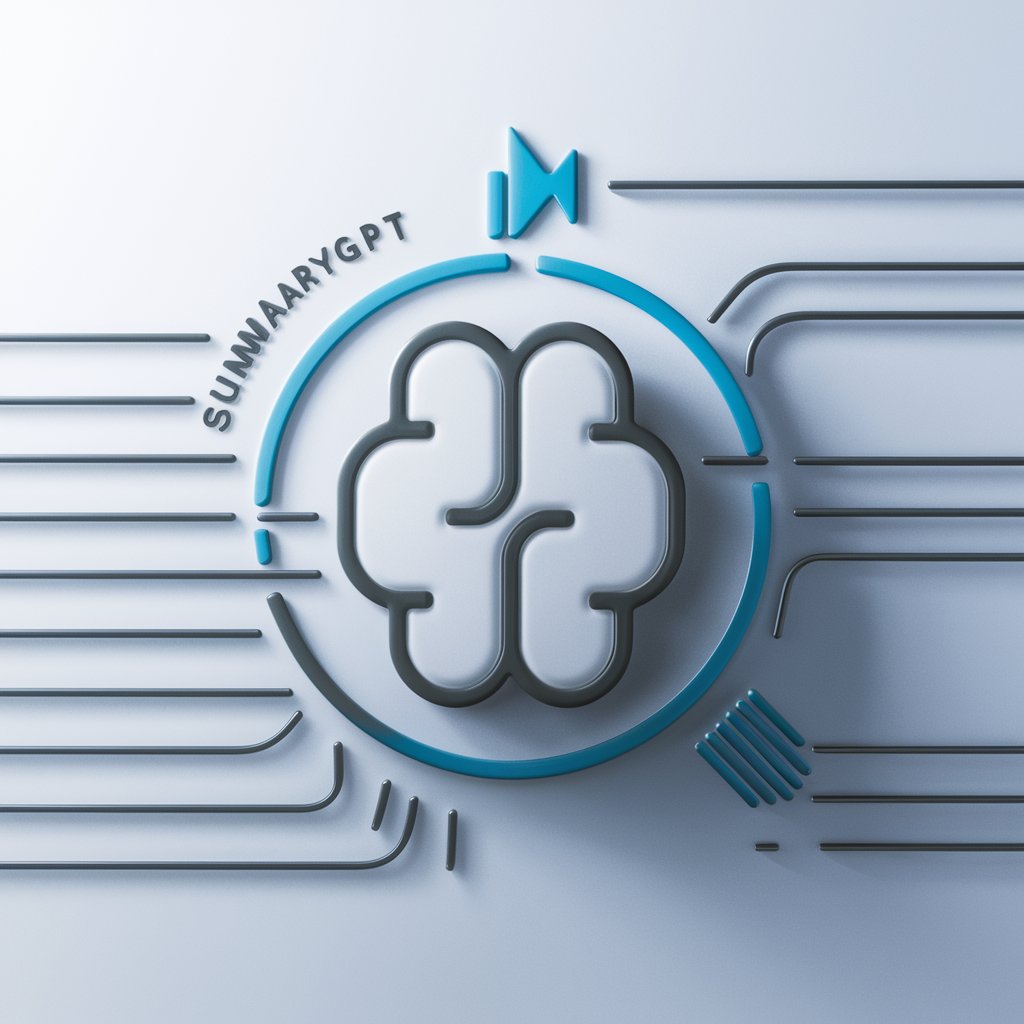
要約の達人
Streamline Documentation with AI

Dutch Summary Pro
Streamlining Dutch Texts with AI
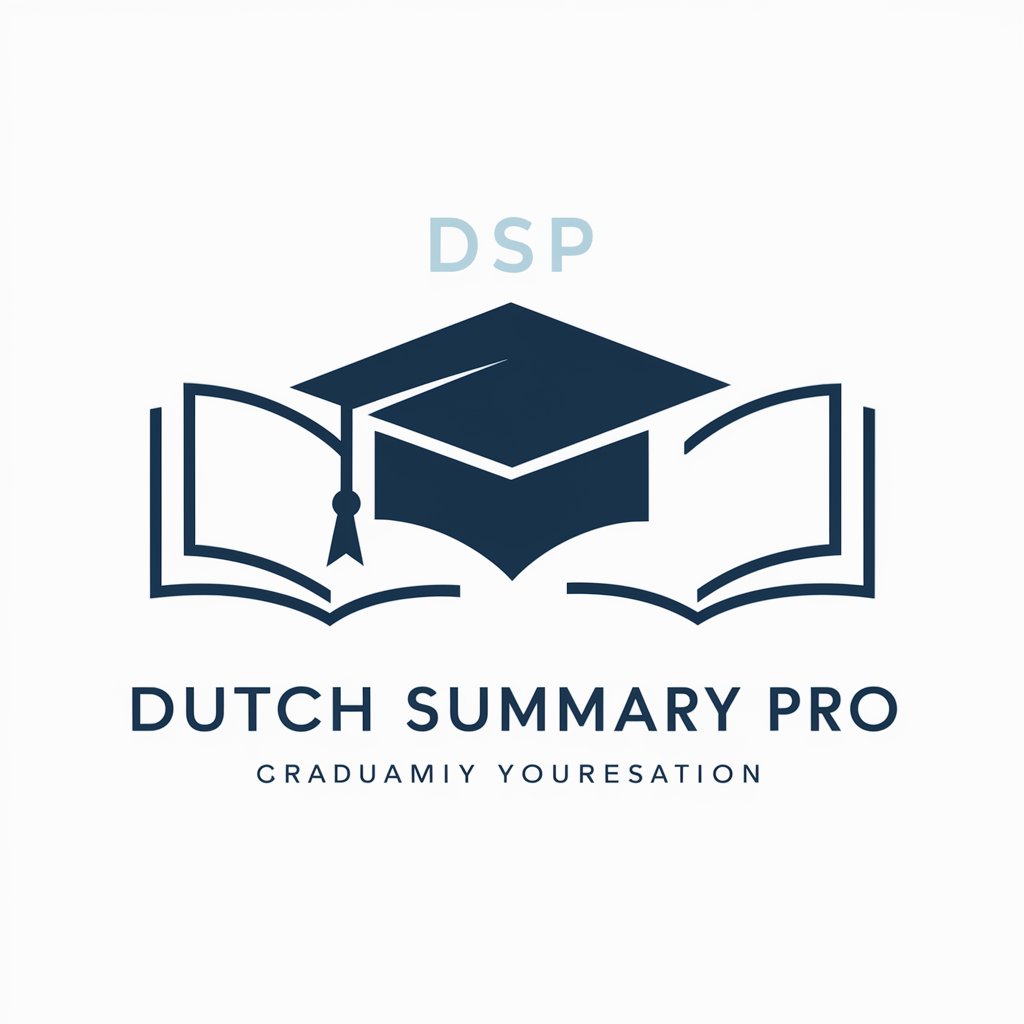
Study Buddy
Empowering learning with AI-driven insights

AI Science Journalist
Transforming AI Knowledge into Engagement
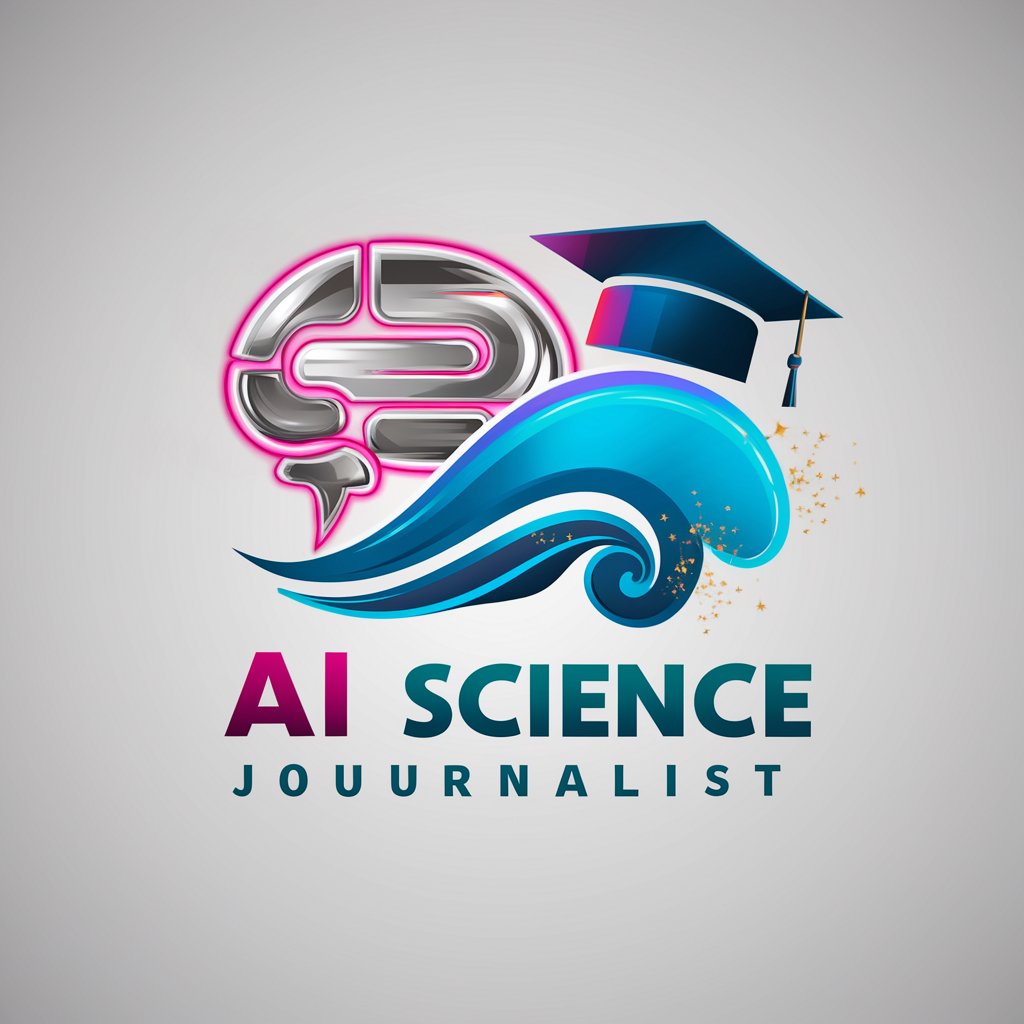
インフォグラフィック リスト ボット
Transform Lists into Visual Stories
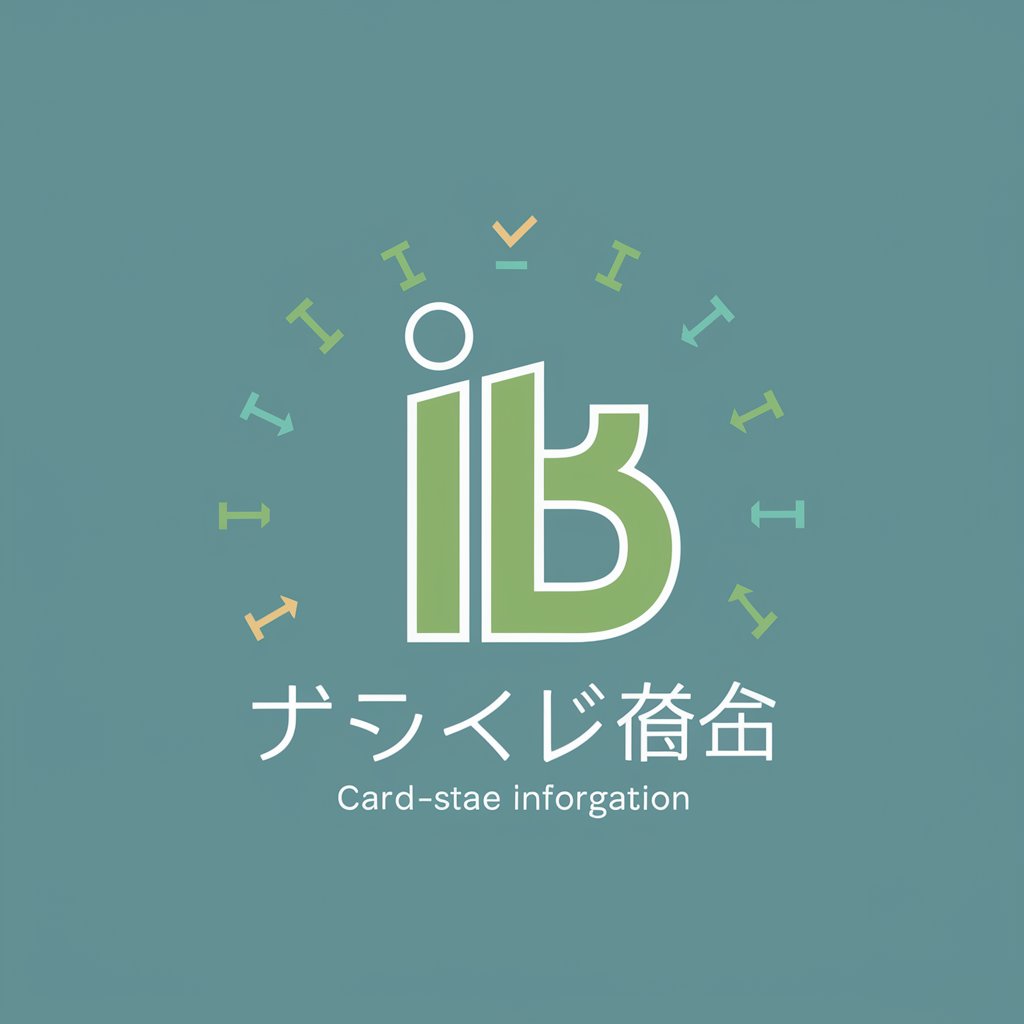
Condense Master
AI-powered Precision in Condensing Texts
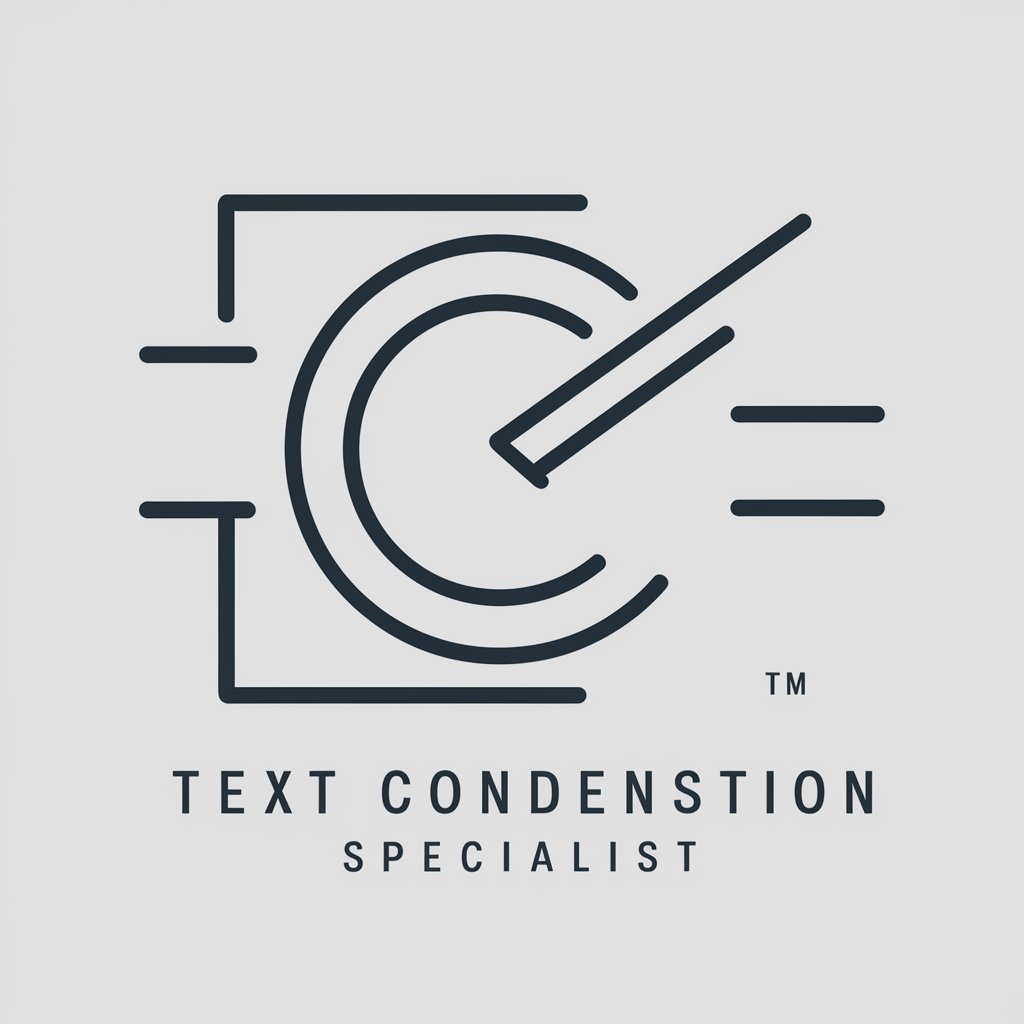
Content Concierge
Transforming long-form content with AI

Concise Communicator
Transforming verbosity into clarity with AI.

CleanResearcher
Empowering research with AI precision.
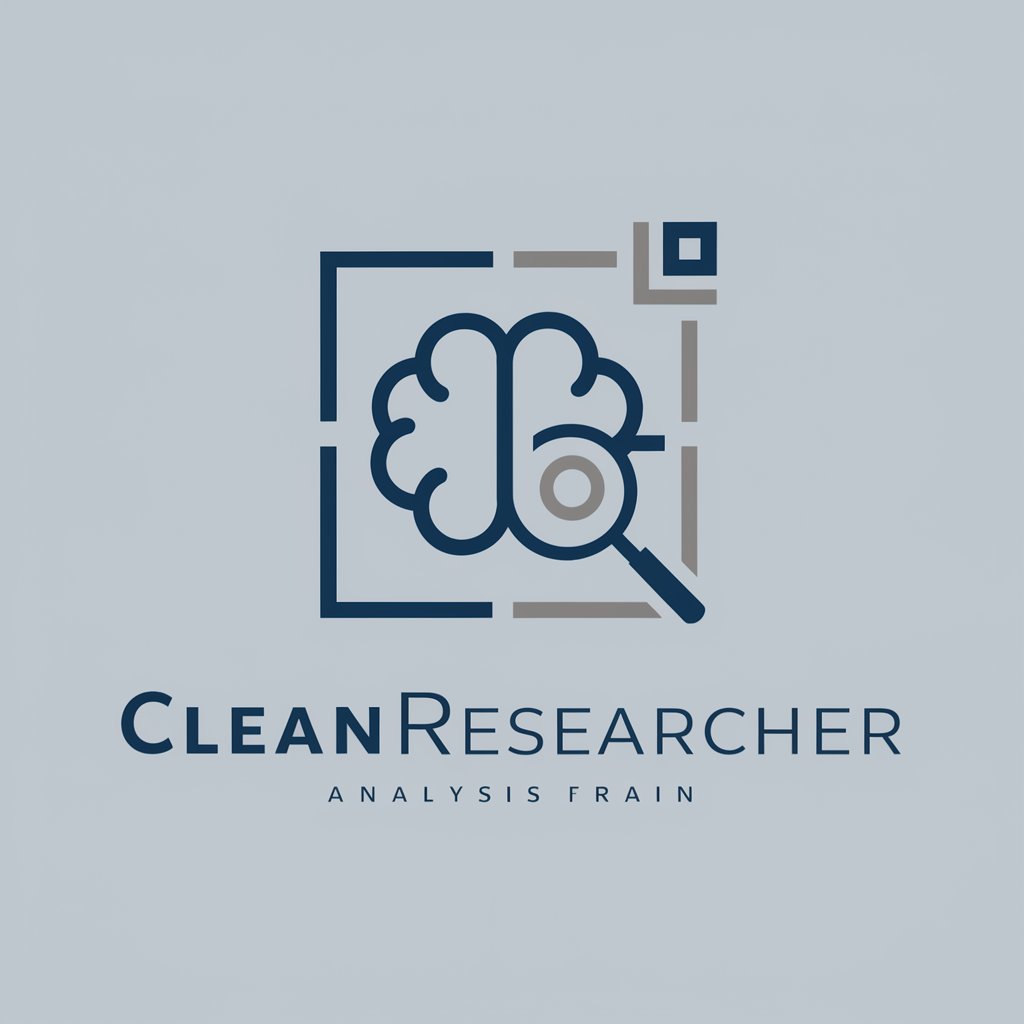
X Thread Expert
Craft Engaging Twitter Threads with AI

Make shorter
Streamline text with AI precision.
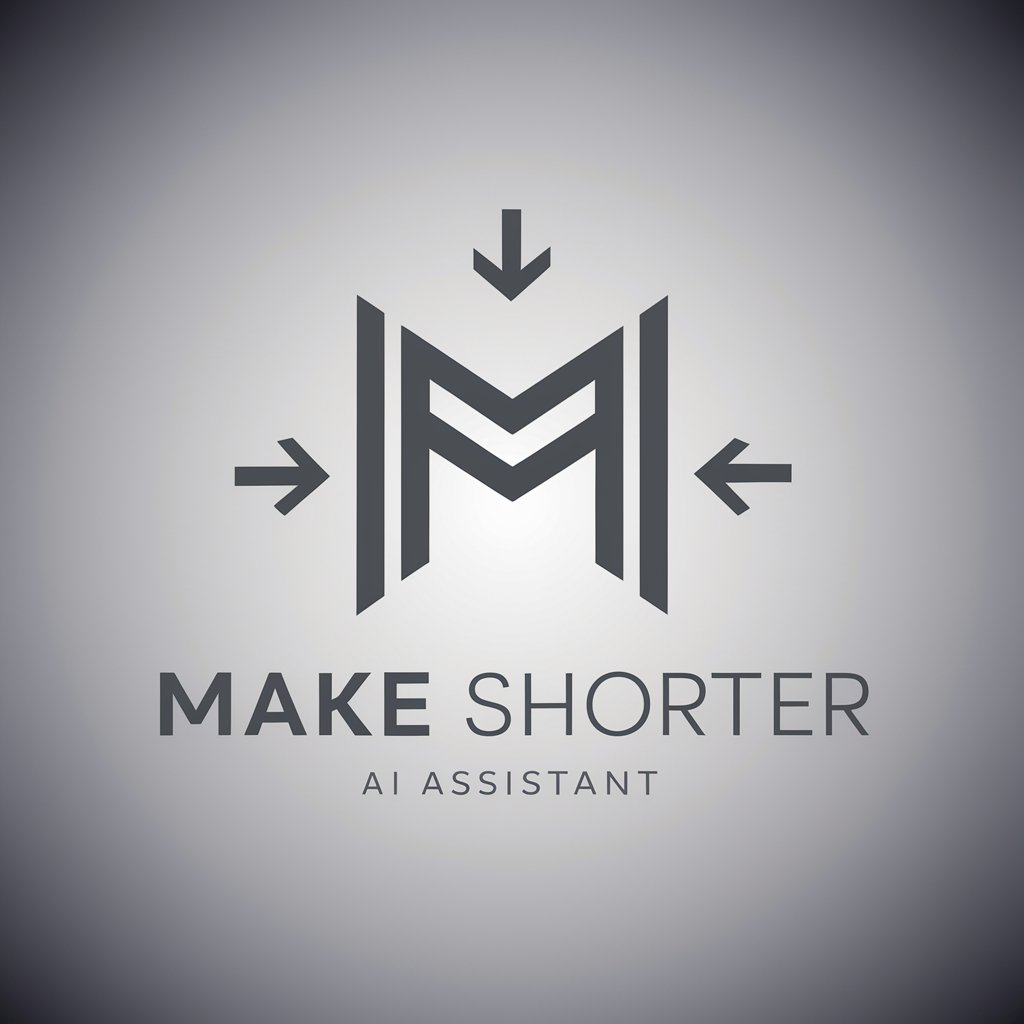
Nutshell Grader
Elevating Academic Analysis with AI
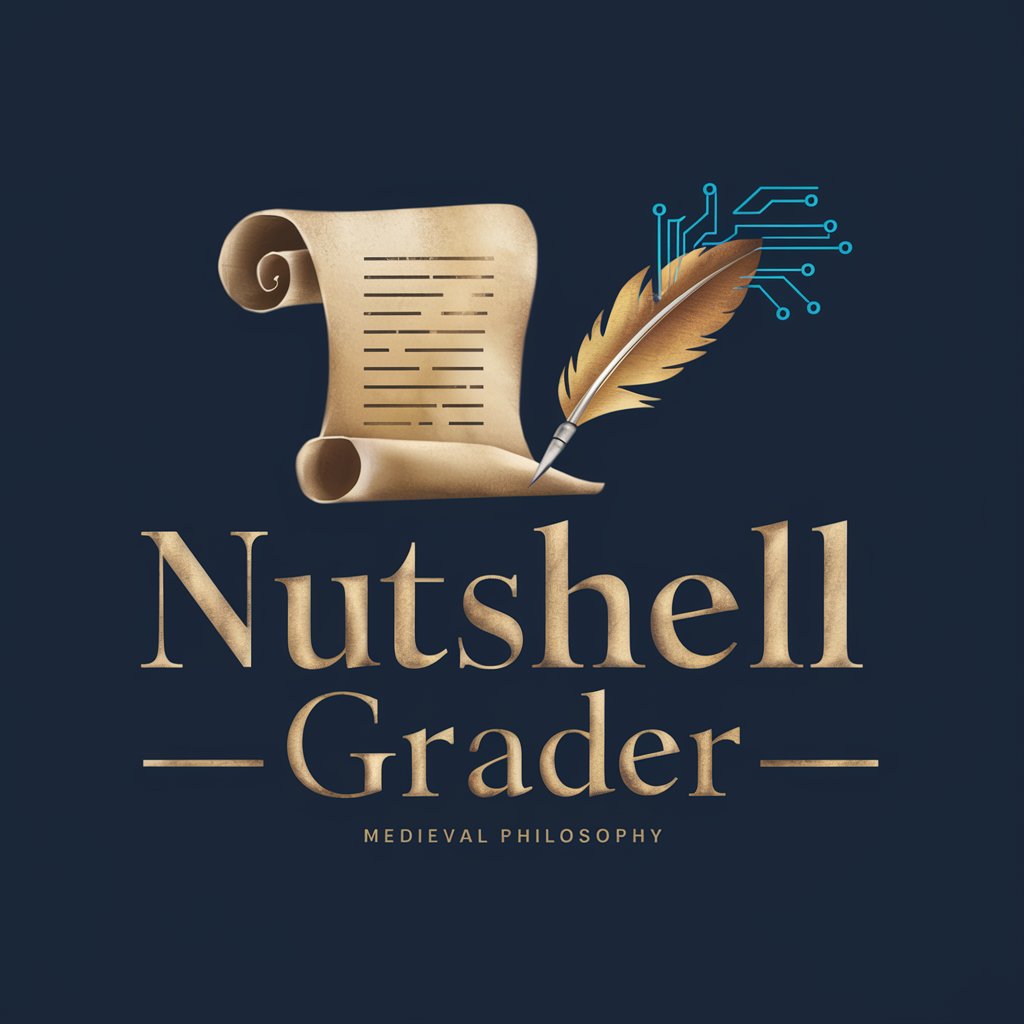
Key Attributes of Academic Summary AI Tools
These GPTs tools boast a range of features designed for the academic sector. Adaptability stands out, as they can handle tasks ranging from summarizing articles to generating comprehensive literature reviews. Special features include advanced language learning for understanding and generating content in multiple languages, technical support for specific academic fields, web searching capabilities for sourcing relevant literature, image creation for visual summaries, and data analysis functions for research data interpretation.
Who Benefits from Academic Summary GPTs?
The primary users of these tools are students, academic professionals, and researchers. They are particularly beneficial for those without programming skills, thanks to their user-friendly interfaces. Additionally, developers and technical users in the academic field can utilize these tools' advanced customization options for more specialized tasks, making them versatile tools for a wide range of academic purposes.
Try Our other AI GPTs tools for Free
Freelance Skills
Discover how AI GPTs for Freelance Skills can revolutionize your freelance work with adaptable, efficient solutions for content creation, technical support, and more.
Clothing Search
Revolutionize your fashion search with AI GPTs. Discover, search, and shop with ease using intelligent, natural language understanding tools tailored for the modern digital shopper.
Visual Matching
Discover the power of AI GPTs for Visual Matching: cutting-edge tools designed to transform visual data analysis with precision, adaptability, and ease of use.
Cultural Accuracy
Discover AI GPTs designed for cultural accuracy, offering advanced features for generating culturally sensitive and context-aware content across languages and industries.
Language Nuances
Discover AI GPTs for Language Nuances, advanced tools designed to understand and generate text with a focus on linguistic subtleties. Ideal for professionals and novices alike, these AI models offer tailored solutions for language-sensitive applications.
Wit Enhancement
Discover how AI GPTs for Wit Enhancement can transform your content with humor and creativity. Perfect for marketers, writers, and anyone looking to add a spark of wit to their communications.
Expanding the Capabilities of Academic Research with GPTs
GPTs tools for academic summaries represent a significant advancement in research technology, offering customized solutions across different sectors. Their user-friendly interfaces ensure accessibility to a wide range of users, while their integration capabilities allow for enhancement of existing academic workflows. These tools are not just about efficiency; they also open up new possibilities for exploration and understanding in the academic world.
Frequently Asked Questions
What are AI GPTs for Academic Summaries?
AI GPTs for Academic Summaries are machine learning tools designed to assist with summarizing, analyzing, and synthesizing academic content, leveraging Generative Pre-trained Transformer technology.
How do these tools adapt to different academic tasks?
These tools use advanced algorithms to tailor their functions to various academic needs, from simple summaries to complex literature reviews, and can adjust their output based on the specific requirements of a task.
Can non-technical users easily operate these GPTs tools?
Yes, these tools are designed with user-friendly interfaces that allow individuals without coding skills to effectively use them for academic research and writing.
Are there customization options for technical users?
Technical users have access to advanced customization options, allowing for the tailoring of tool functions to meet specific academic or research needs.
What special features do these GPTs tools offer?
Special features include multi-language support, specific technical domain support, web searching for literature, image creation for visual summaries, and data analysis capabilities.
How can these tools benefit academic research?
They streamline the research process by providing quick summaries, identifying key themes, synthesizing discussions, and generating new insights, thereby enhancing productivity and comprehension.
Can these tools integrate with existing academic workflows?
Yes, many of these tools are designed to be easily integrated into existing systems or workflows, making them a seamless addition to academic research processes.
Are there limitations to what these tools can do?
While highly advanced, these tools may not capture the full nuance of complex academic arguments or replace the critical analysis provided by human researchers. They are best used as aids in the research process.